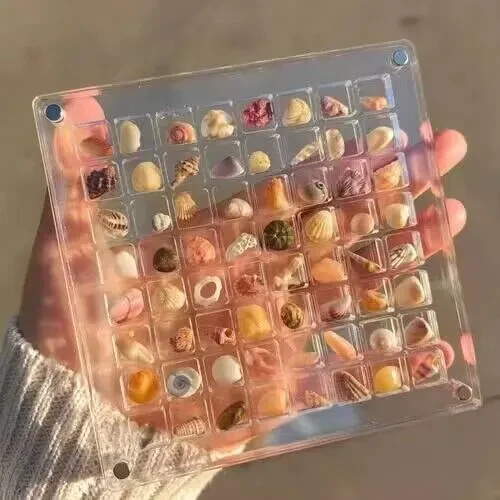
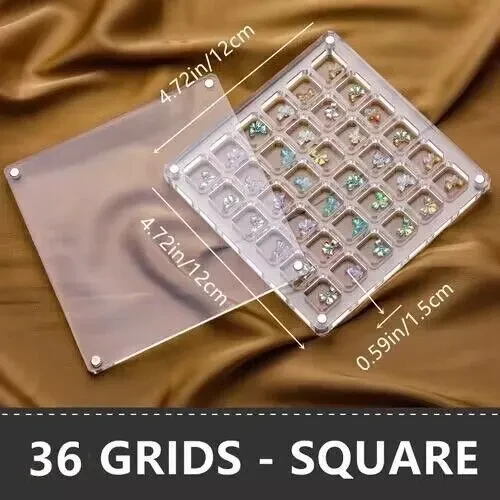
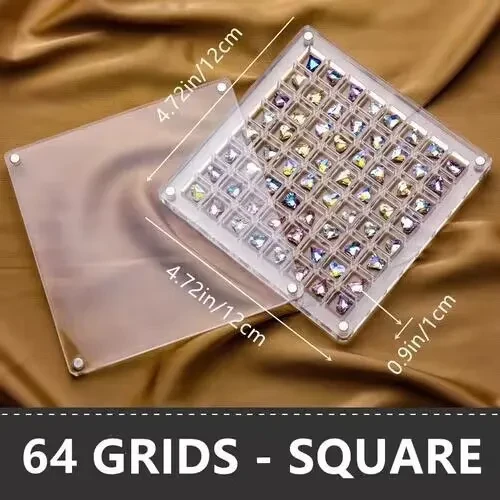
Specimen Box
Product information:
Pattern: solid color
Color: [high transparency] 36 grid storage box, [high transparency] 64 grid storage box
Product features: with grid
Scope of Application: Other
Material: acrylic
Specification: Medium
Function: Organization
Style: modern simplicity
Capacity: 1L
Packing list:
Box x1
Product Image:
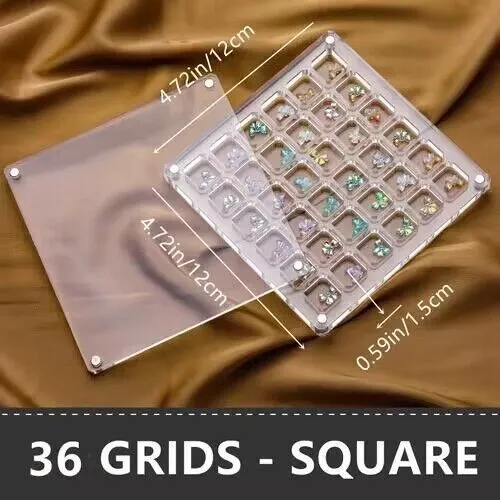
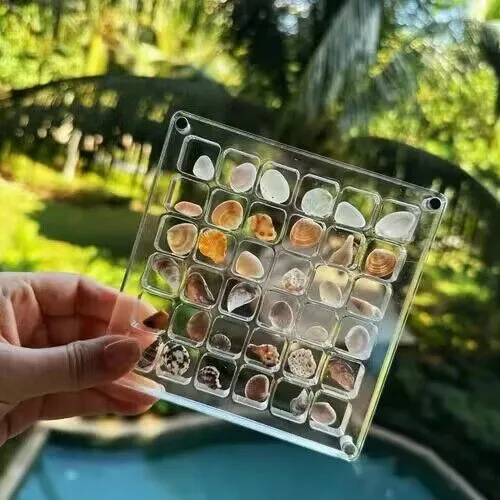
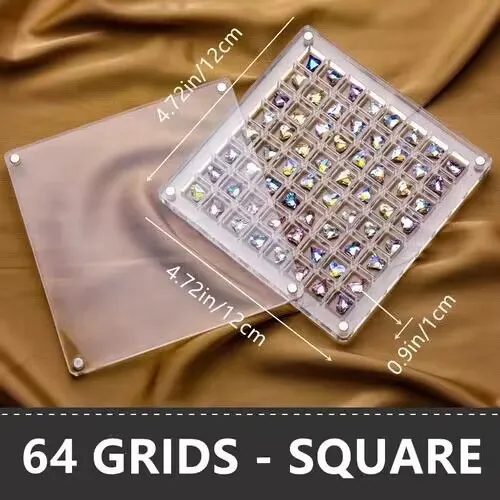
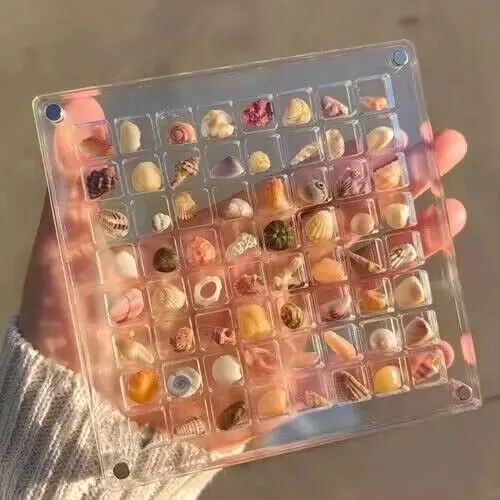
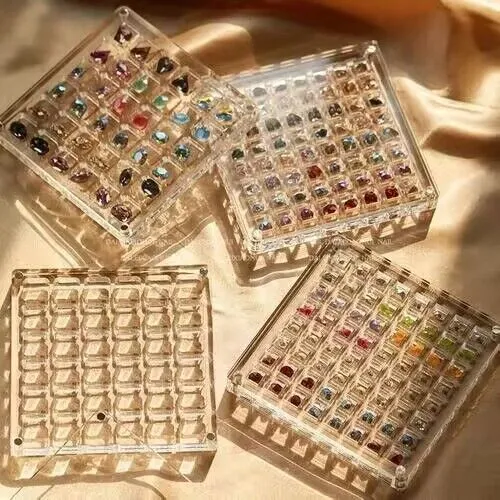
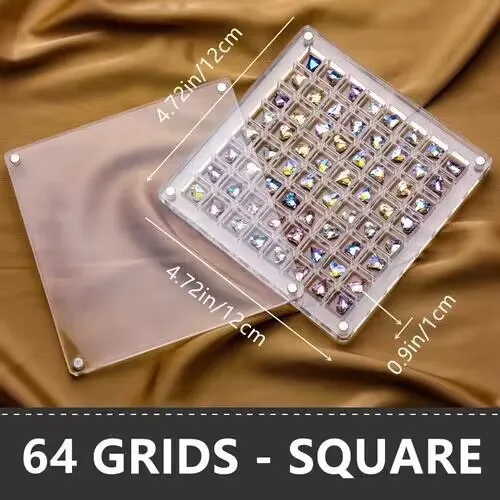
Reliable Storage and Transport Solution for Specimens
A Specimen Box is an essential tool for safely storing, organizing, and transporting various types of biological, geological, or industrial samples. Whether you’re working in a laboratory, field research, medical facility, or educational setting, a specimen box provides a durable and organized space to protect your valuable samples. Designed to keep specimens intact and uncontaminated, these boxes are built to meet the demanding standards of professionals and enthusiasts alike.
In New Zealand, where scientific research, environmental studies, and educational programs thrive, having the right specimen storage solution is crucial. Specimen boxes offer peace of mind by preventing damage, cross-contamination, and loss of critical samples, ensuring that your research or analysis proceeds smoothly and accurately.
Why Choose a Specimen Box?
Secure and Organized Sample Storage
A specimen box offers a secure compartmentalized storage system that keeps individual samples separate and well-protected. With customizable compartments or foam inserts, specimen boxes prevent samples from shifting or breaking during transport or storage. This organization reduces the risk of mixing or damaging specimens and ensures they remain in pristine condition until they are ready for examination.
From small insect collections to larger geological samples, specimen boxes come in various sizes and configurations to accommodate your specific needs. Their design ensures easy access and identification, which is vital for efficient workflow in labs and fieldwork.
Durable and Protective Construction
Specimen boxes are constructed from tough, high-quality materials such as polypropylene, ABS plastic, or aluminum to withstand rough handling, impacts, and harsh environments. These materials protect your samples from physical damage, moisture, dust, and light exposure. Many specimen boxes are also designed to be waterproof or water-resistant, adding an extra layer of protection during outdoor fieldwork or storage in humid environments.
This durability ensures your specimen box performs reliably over time, even in challenging conditions often encountered in research, medical, or industrial contexts.
Portable and Convenient
Many specimen boxes are designed to be compact and lightweight, making them highly portable for field researchers, students, or medical professionals who need to carry samples between locations. Some models come with secure locking mechanisms, handles, or latches for easy transportation and added safety during travel.
Their portability allows for easy integration into mobile research kits, educational tools, or medical sample transport systems, ensuring you can bring your samples safely wherever you go.
Versatile Uses Across Industries
Specimen boxes are widely used across various sectors:
-
Scientific Research: For storing biological, geological, botanical, or chemical samples in labs or during fieldwork.
-
Medical Facilities: To safely transport blood, tissue, or other biological specimens for testing or analysis.
-
Education: Used in schools and universities for teaching and demonstration purposes with preserved samples.
-
Industrial: Storing and categorizing small parts or material samples in quality control or manufacturing environments.
-
Collectors and Hobbyists: Ideal for entomologists, mineral collectors, or hobbyists who require secure storage of valuable
specimens.
This versatility makes specimen boxes an invaluable tool in any setting where sample integrity and organization are paramount.
Easy to Clean and Maintain
Maintaining hygiene and avoiding contamination is critical in specimen handling. Specimen boxes are typically made from non-porous, easy-to-clean materials that can be wiped down or sterilized between uses. This feature is particularly important in medical or laboratory settings where cleanliness standards are stringent.
The ability to clean and reuse specimen boxes without degrading their quality ensures they are a sustainable and cost-effective storage option.
How to Choose the Right Specimen Box
Consider Your Sample Size and Quantity
When selecting a specimen box, consider the size and number of samples you need to store. Boxes come in various sizes with customizable compartments or foam inserts that can be tailored to hold small vials, slides, insects, rocks, or other samples securely. Choosing the right size helps maximize storage efficiency and protects specimens effectively.
Material and Durability Requirements
Depending on your use case, select a specimen box made from materials suitable for your environment. For outdoor or field use, waterproof and impact-resistant materials are ideal. For laboratory use, chemical-resistant plastics or aluminum may be preferred. Consider the balance between weight and durability based on your mobility needs.
Portability and Features
If you need to transport your specimens frequently, look for boxes with secure locks, handles, and lightweight designs. Transparent lids or labeling areas can also help with quick identification of contents. Some boxes offer stackable designs for easy storage when not in use.
Where to Buy Specimen Boxes in New Zealand
Specimen boxes are available through specialized scientific supply companies, laboratory equipment retailers, and online marketplaces in New Zealand. Stores like Labquip, Fisher Scientific, or specialized medical and scientific suppliers offer a range of specimen boxes suitable for different applications. Online shopping provides access to a wider selection and convenient delivery options.
The product may be provided by a different brand of comparable quality.
The actual product may vary slightly from the image shown.
Shop amazing plants at The Node – a top destination for plant lovers

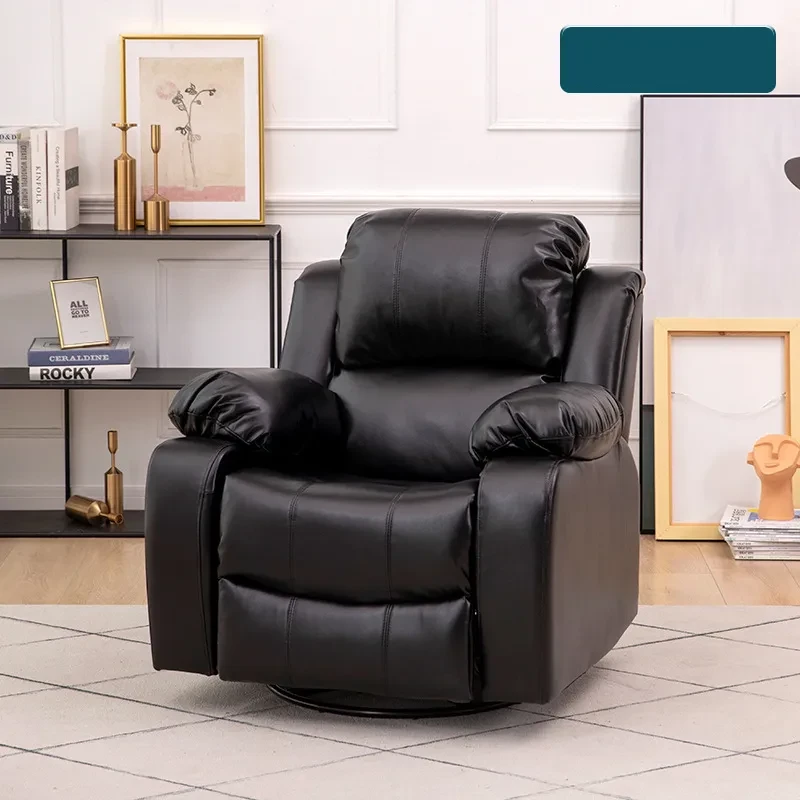
.png)


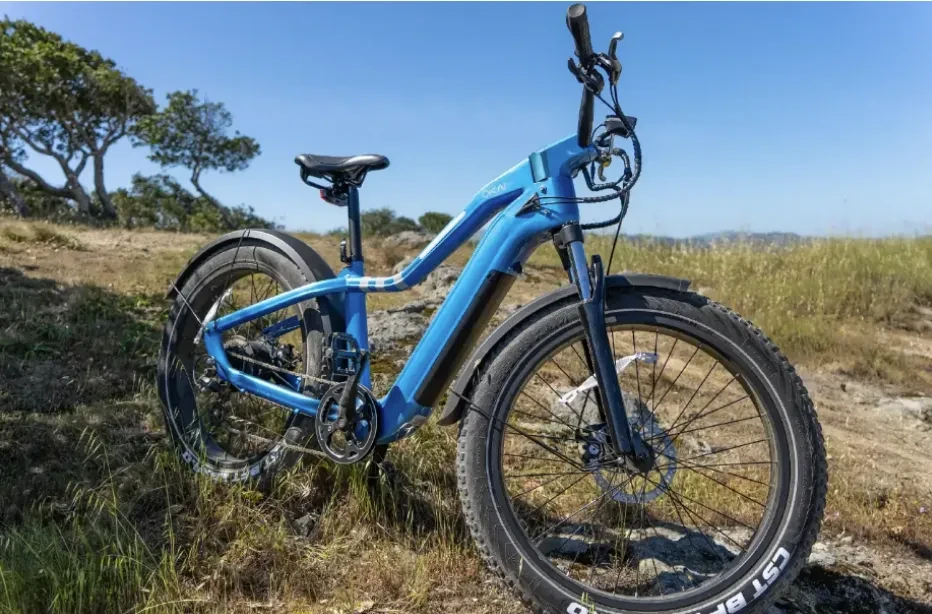

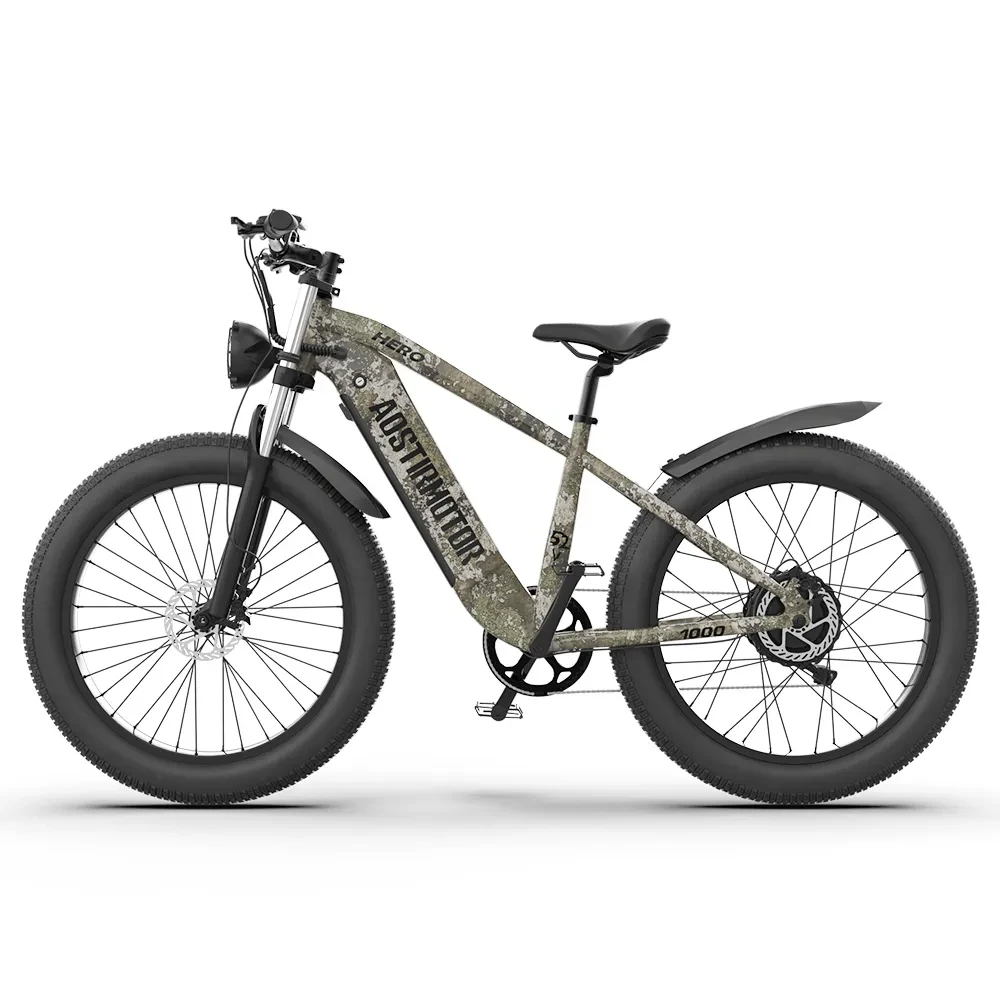
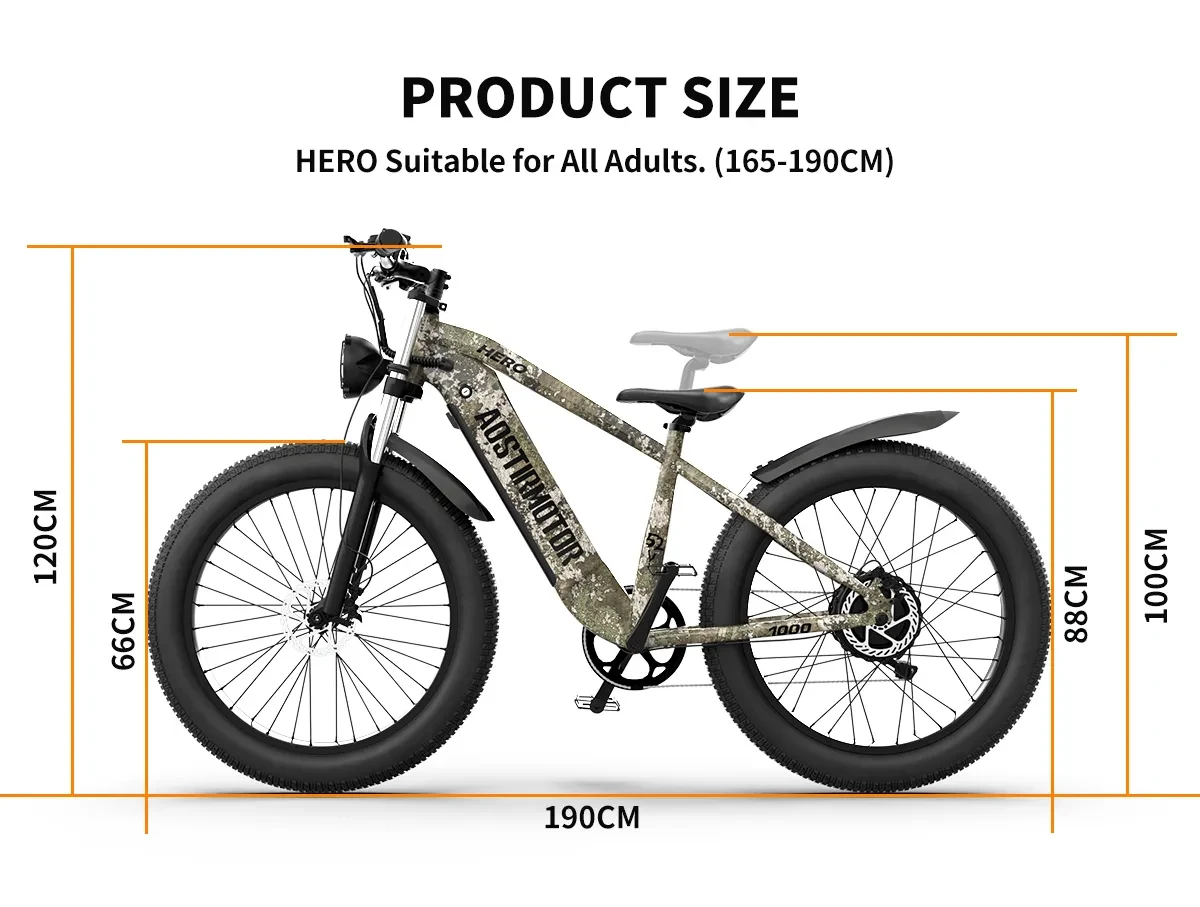
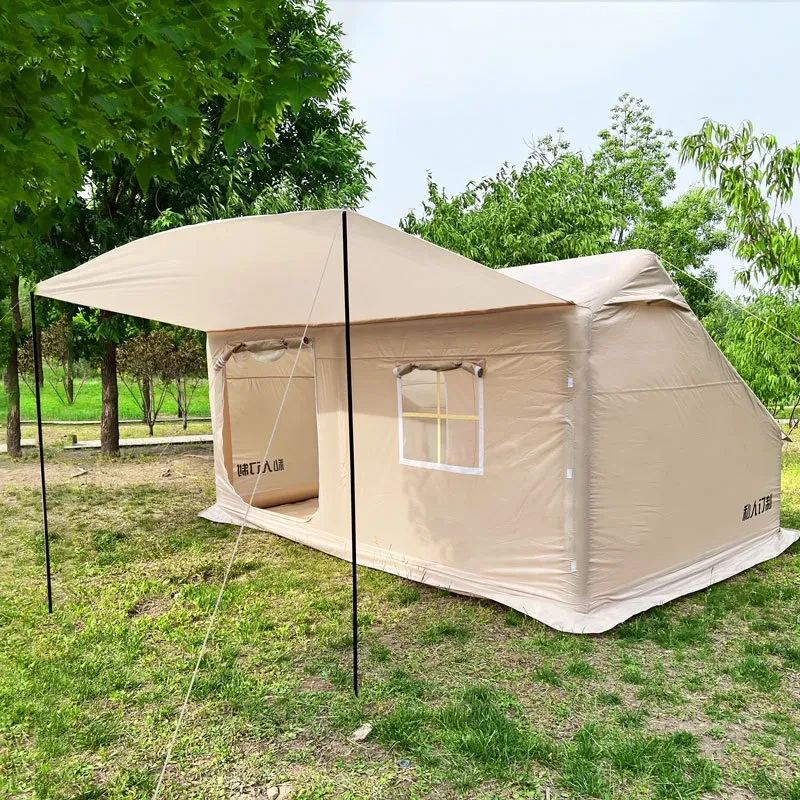
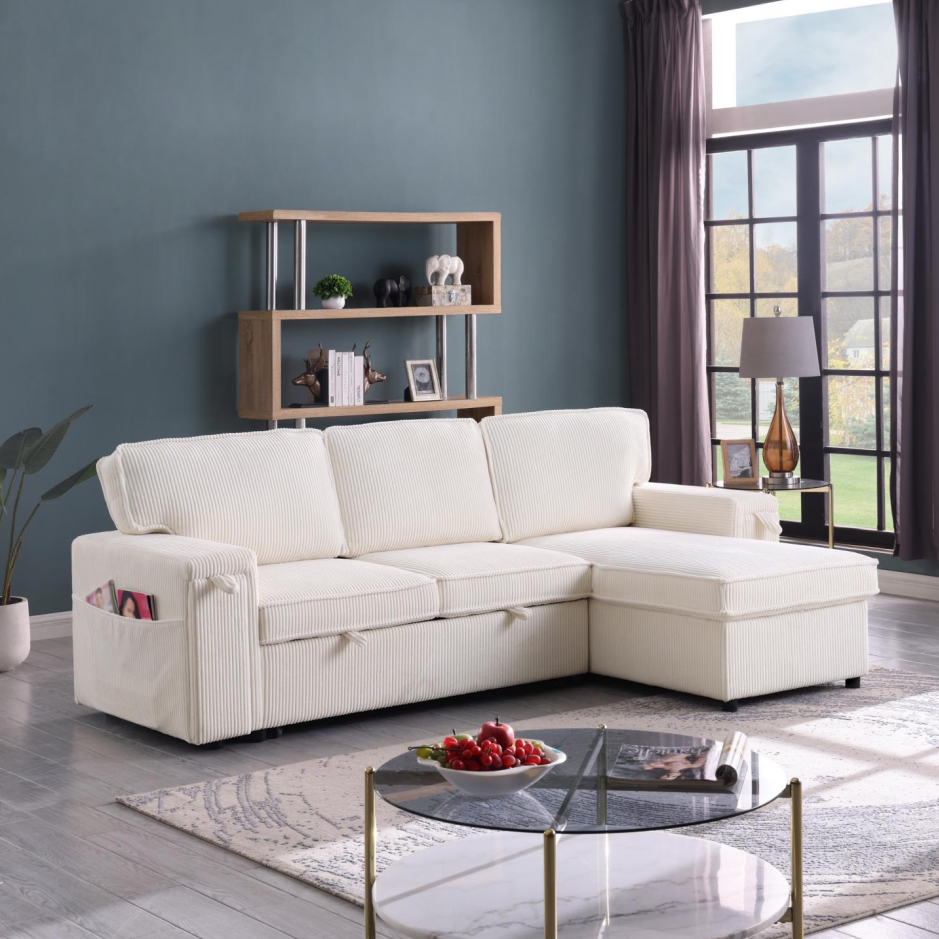
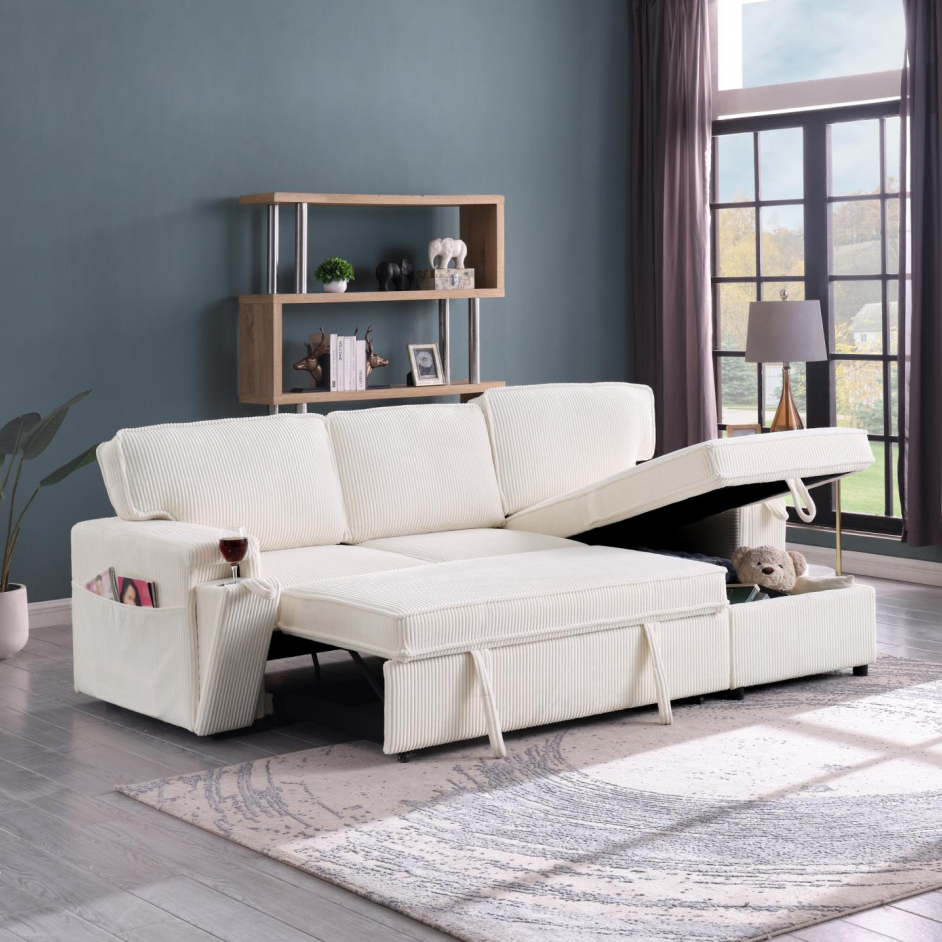
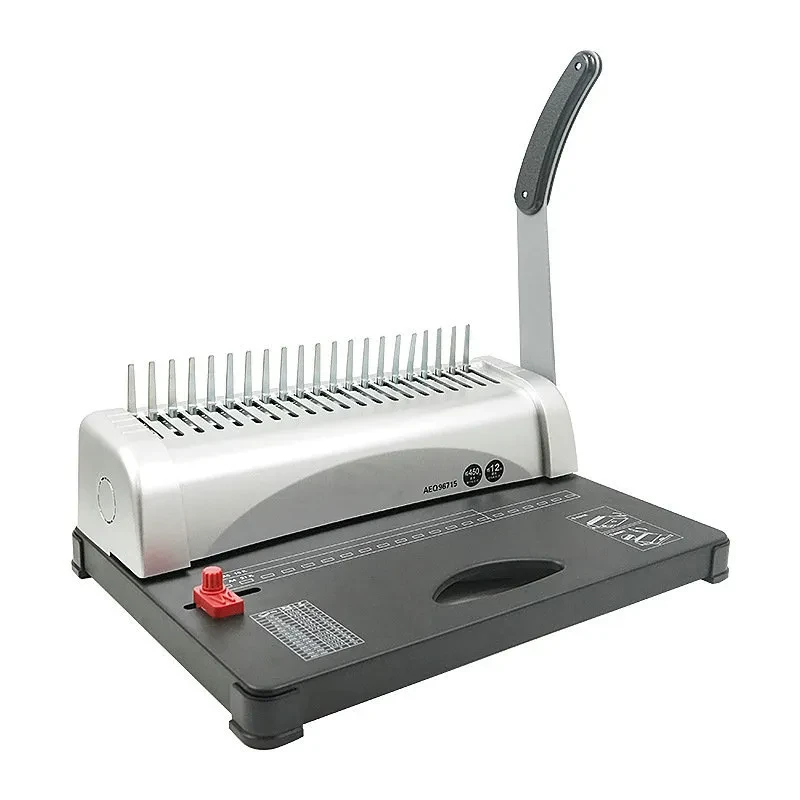


.jpg)









.jpg)





.jpeg)





.jpeg)



.jpeg)








.jpeg)



.jpeg)

.jpeg)

.jpeg)

.jpeg)




.jpeg)
.jpg)

.jpeg)






.jpeg)
.jpeg)




.jpeg)





.jpeg)


.jpeg)

.jpeg)

.jpeg)

.jpeg)







.jpeg)
.jpeg)
.jpeg)





.jpeg)



.jpeg)






.jpg)
.jpeg)









.jpg)


ulva-Logo.jpg)




.jpeg)



.png)















.png)
























